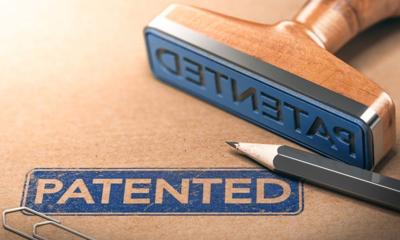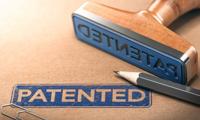
PLANO - A wave of new policies and proposed legislation that could overturn a Supreme Decision on patent injunctions and make it easier for bad actors to weaponize injunctive relief, according to Patent Progress.
In eBay vs. MercExchange, the high court held that an injunction should not be automatically issued based on a finding of patent infringement, and that federal courts must use the four-factor test to determine if an injunction should be issued.
Back in June, the Department of Justice and U.S. Patent & Trademark Office issued a statement of interest in an East Texas patent suit brought by Radian Memory Systems, a non-practicing entity, against Samsung.
The statement argued that NPEs like Radian can still qualify for injunctive relief based on the four-factor test. A month later, however, Radian dropped its request for injunctive relief after Samsung provided new evidence.
On July 18, Patent Progress made a post stating that the DOJ missed the mark on injunctions and that its decision to defend patent trolls is eyebrow raising.
“NPEs don’t lose market share or fall behind on R&D like practicing companies do if their patents are infringed,” wrote Josh Landau, patent counsel for the Computer & Communications Industry Association. “After all, they are not in the business of making products. The harm they suffer, if any, is predominantly financial – and often speculative. Monetary damages remain the proper remedy for cases filed by NPEs
“That’s why, since eBay, legitimate operating companies have continued to access injunctive relief, while NPEs have seen their ability to impose injunctions curtailed.”
According to Patent Progress, prior to the eBay decision plaintiffs who won on the merits were granted permanent injunctions in 89.1 percent of cases. Post eBay, the figure dropped to 85.2 percent. High-volume plaintiffs, however, saw their success rate drop from 88.8 percent to 62.5 percent. They also began requesting injunctions far less frequently, down from 52.9 percent to just 29.6 percent of contested wins.
“In other words, the eBay standard is working exactly as intended – preserving injunctive relief for companies that actually bring products to market and serve the public interest, while preventing its misuse by bad-faith actors who see injunctions as nothing more than a tool to extract outsized settlements,” Landau wrote.
“At a time when innovators face increased litigation abuse, the last thing they need is a policy shift that empowers bad-faith actors who contribute nothing to the economy and stand in the way of actual innovation.”


